Artificial Intelligence (AI) is increasingly being applied in various fields of life, from transportation, media, services, healthcare, business, education, to software development and information technology. So, what exactly is AI, and how are its specific applications impacting our daily lives? Let’s explore the details in this article.
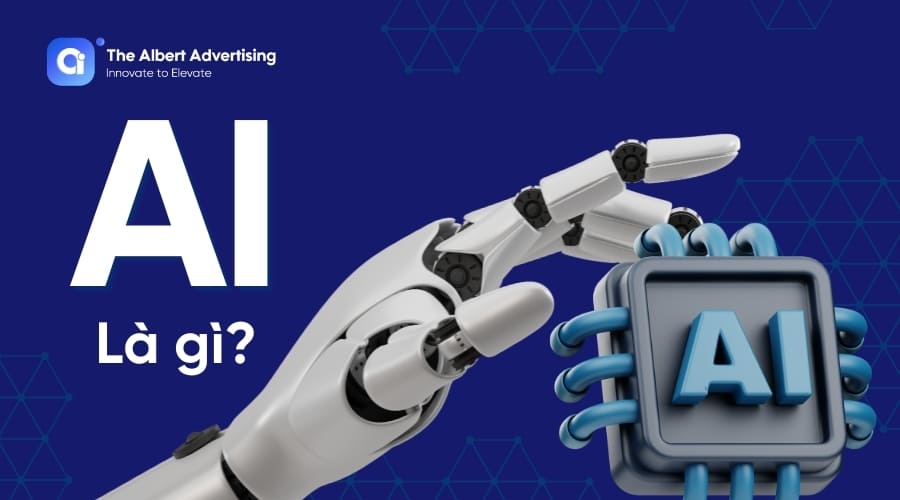
What is Artificial Intelligence (AI)?
Artificial Intelligence (AI) is a field of research and application in computer science aimed at creating systems capable of performing tasks that typically require human intelligence, such as speech recognition, facial recognition, autonomous driving, text synthesis, or decision-making.
AI is considered a branch of computer science, focusing on creating systems that can learn and automatically adapt to their surroundings, rather than simply executing pre-programmed tasks. Researchers in this field aim to develop computers and software that can simulate, enhance, and apply human intelligence capabilities such as reasoning, learning, perception, and problem-solving.
AI is not merely a technology but also an academic field of study aimed at understanding and simulating human thought processes. Scientists are continually working to create computer systems that can perform tasks requiring human intelligence, such as reasoning, learning, perception, and problem-solving.
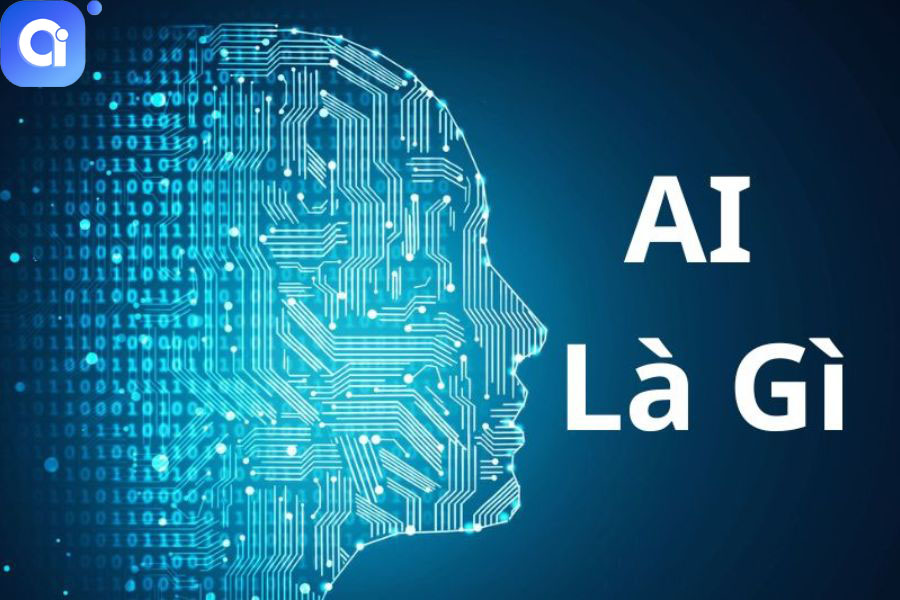
Advantages and disadvantages of AI
AI brings numerous benefits to life, but it also comes with certain challenges. Below is a detailed analysis of the advantages and disadvantages of this technology.
Advantages
Artificial Intelligence (AI) offers many benefits and advantages for humans, from increasing labor productivity and improving service quality to solving complex problems that humans may find difficult to tackle on their own.
Firstly, one of the most prominent advantages of AI is its ability to process and analyze data much faster and more accurately than humans. AI can accumulate and learn from large datasets to make more accurate decisions and predictions. This is highly beneficial in fields such as healthcare, finance, transportation, and more.
Secondly, AI can perform tedious, repetitive tasks more efficiently than humans, saving time and costs. AI systems such as industrial robots, virtual assistants, and office automation systems can handle boring, repetitive work without being affected by human factors like fatigue, errors, or frustration.
Finally, AI is also applied in solving complex problems that require high levels of human creativity and analysis, such as designing new drugs, developing advanced weapons, decoding the genome map, and more. AI systems with learning and creative capabilities can help humans overcome their own limitations.
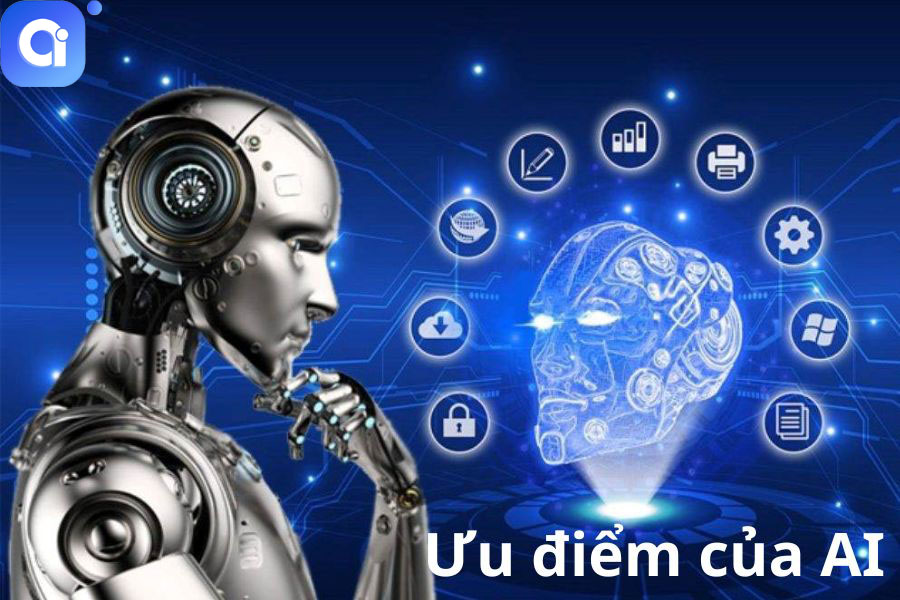
Disadvantages
Alongside its advantages, Artificial Intelligence (AI) also has certain limitations and challenges worth noting:
Firstly, the development and application of AI require substantial financial, technological, and human resources. AI systems often need to be trained with massive datasets, powerful hardware infrastructures, and a team of skilled experts. The initial investment costs for researching, developing, and deploying AI are significant, making it challenging for small and medium-sized businesses to adopt this technology.
Secondly, current AI systems still have many limitations in terms of perception, reasoning, and decision-making compared to humans. While they can perform specific tasks very well, AI is still far from matching the diverse, flexible, and creative intelligence of humans. AI systems also struggle to understand and interact with the world in a natural way, as humans do.
Finally, the development of Artificial Intelligence (AI) raises concerns about security, ethics, and social impact. AI systems can be hacked, leading to personal information leaks or making erroneous decisions that affect humans. Many people also worry that AI will replace human jobs, causing large-scale unemployment. Therefore, the development and application of AI need to be carefully regulated and managed.

4 common types of AI technology today
In the field of Artificial Intelligence (AI), there are four common types of technology today, including:
Reactive AI technology
Reactive AI technology is the simplest type of AI, with no ability to learn or store knowledge. These systems operate based on pre-programmed sets of rules and regulations, only reacting directly to stimuli from their environment without the capability to learn or improve their own performance.
Typical examples of Reactive AI are chess systems, checkers systems, or automated tic-tac-toe games. These systems can outperform humans in games with specific rules but cannot independently create new strategies.
Limited Memory AI technology
This type of AI can store and use specific information related to the current situation, but it cannot accumulate knowledge or learn from past experiences to improve its performance.
A classic example is DeepMind’s AlphaGo, which can defeat world chess champions by analyzing and making decisions based on the current game information. However, AlphaGo cannot independently improve its chess strategy from one match to the next.
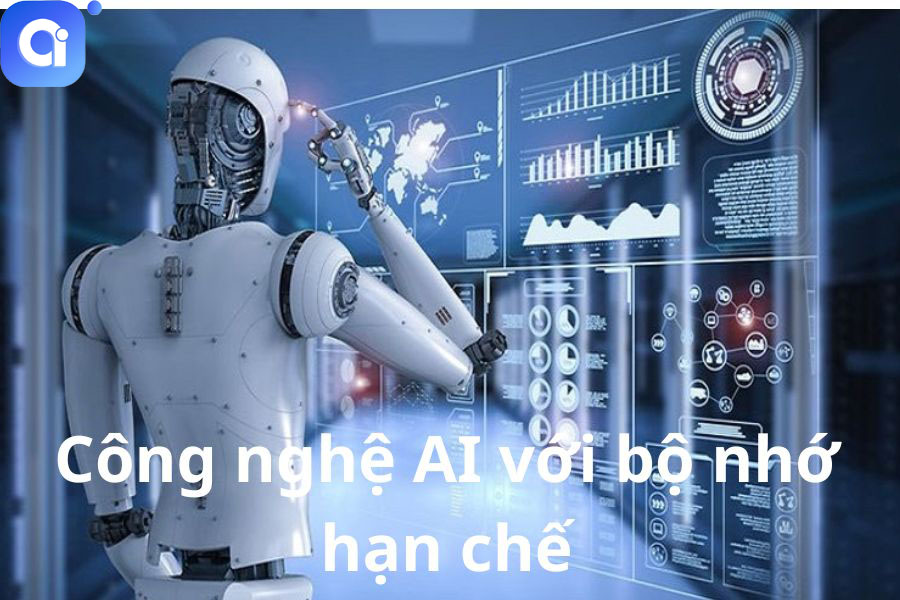
Theory of Artificial Intelligence
This AI technology includes systems that can learn and improve their performance through the accumulation of knowledge and experience. These systems can automatically adjust algorithms and models based on the data provided, allowing them to make increasingly accurate decisions and actions.
Examples of Artificial Intelligence theory include Machine Learning systems such as Artificial Neural Networks or Deep Learning. These systems have the ability to learn and improve performance by receiving and processing data, without needing to be programmed with specific rules.
Self-awareness
This is the most advanced type of AI, capable of self-awareness, thinking, and making independent decisions like humans. Self-aware AI systems can not only learn and improve performance but also actively develop and perfect themselves.
However, creating self-aware AI systems remains a significant challenge for scientists today. Even the most advanced AI systems currently cannot compare to the diverse and creative intelligence of humans.
Applications of AI in daily life
Artificial Intelligence (AI) is being increasingly applied across various fields of life, bringing significant convenience and value to humans. Below are some typical applications of AI in daily life:
In the transportation industry
AI is playing an increasingly important role in the transportation industry. AI technologies can be applied to monitor and control traffic, predict traffic flow, and optimize routes, helping to reduce congestion and traffic accidents.
Additionally, AI is used in self-driving car systems, enabling vehicles to automate driving processes such as recognizing road signs, observing, and responding to their surroundings. This not only enhances safety but also improves the passenger experience.
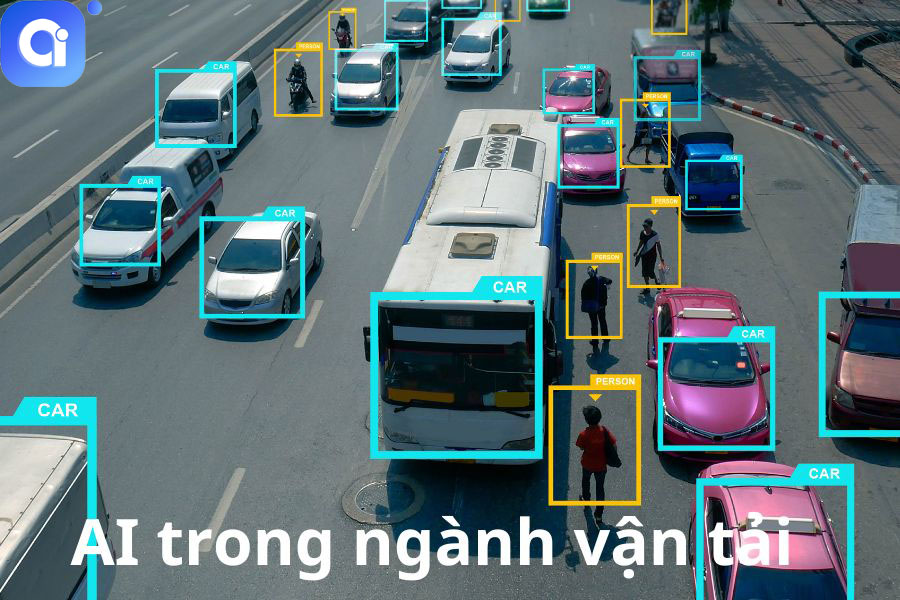
In media
In the media industry, Artificial Intelligence (AI) is being widely applied to monitor and manage content, personalize user interfaces, and detect and block harmful, malicious, or misleading content.
Machine learning algorithms and big data analysis can help media companies better understand user habits and preferences to provide more tailored content and services. In the journalism industry, AI can also be used to aggregate news and automate article writing, helping to increase productivity and work efficiency.
In the service industry
Artificial Intelligence (AI) is increasingly being applied in the service industry, from improving customer experience to optimizing operational processes. One of the most common applications of AI in the service sector is the use of chatbots and virtual assistants. These technologies are capable of interacting with customers 24/7, answering frequently asked questions, and providing direct support, saving time for both customers and businesses.
Additionally, AI provides big data analysis capabilities to identify customer trends and consumption habits. For example, AI analytics systems can track consumer behavior on websites and recommend suitable products or services, thereby increasing conversion rates and revenue for businesses. Personalizing services not only enhances customer satisfaction but also helps build brand loyalty.
Another aspect is that AI helps automate business processes such as inventory management, ordering, and payment. The integration of AI into management systems promises to optimize daily operations, minimize errors, and save costs for businesses in the long run.
In healthcare
Artificial Intelligence (AI) is becoming a valuable tool in the healthcare industry, improving patient care and health management. AI applications are not only limited to diagnosing diseases but also extend to various areas such as early disease detection, treatment planning, and monitoring recovery progress.
In diagnosis, AI has the ability to analyze medical images, such as ultrasound or X-ray images, to detect abnormalities that humans may sometimes overlook. Some AI systems have been shown to diagnose cancer with higher accuracy than specialists. This not only speeds up the diagnosis process but also helps improve the quality of treatment for patients.
Moreover, AI is also used to research and develop new drugs by analyzing millions of data points related to genomes, proteins, and chemical compounds. This process helps shorten the time needed to find potential candidates for new therapies and brings tremendous benefits to the healthcare community.
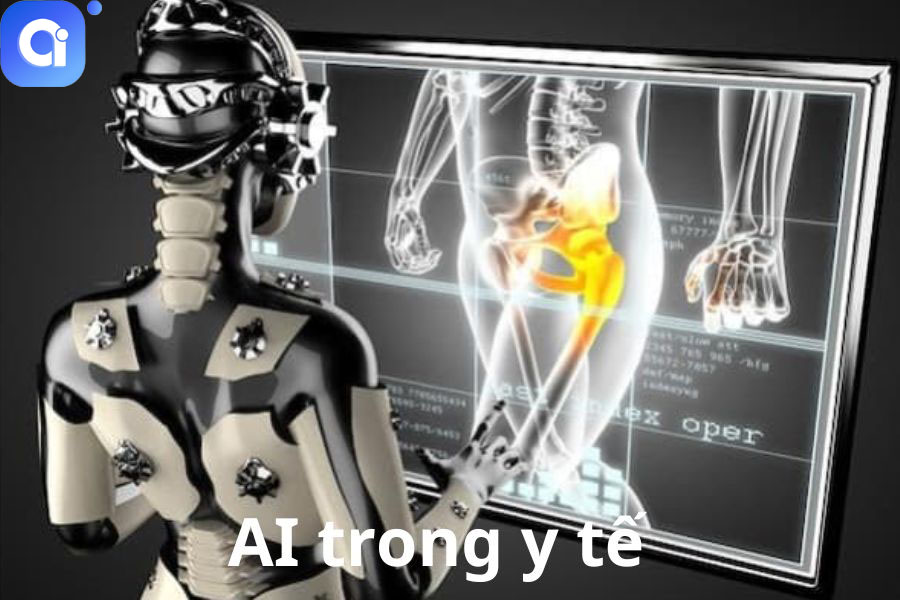
In business
The business sector is also experiencing a significant transformation thanks to the continuous development of AI. Companies today are applying AI technology not only to optimize daily operations but also to make strategic decisions based on data analysis.
Artificial Intelligence (AI) can help businesses identify target markets, segment customers, and analyze consumer trends. With these insights, managers can develop more effective marketing and sales strategies, thereby maximizing revenue. Additionally, sales forecasting and supply chain management become easier with the support of AI technology.
Additionally, many organizations have enhanced business process automation with the active involvement of AI. Intelligent ERP (Enterprise Resource Planning) systems integrated with AI can help businesses process data quickly and accurately, reducing the time and effort required for repetitive tasks, thereby increasing productivity.
In education
Education is a field where Artificial Intelligence (AI) can make significant contributions, from personalizing the learning process to optimizing teaching methods. AI-powered intelligent learning systems can understand the needs and learning styles of each student, providing the most suitable lessons and materials.
For example, AI can monitor each student’s learning progress, identify strengths and weaknesses, and suggest supplementary subjects as needed. This not only maximizes the students’ potential but also provides teachers with a clearer view of each student’s development.
Moreover, AI can enrich the learning experience by developing virtual reality applications and dynamic simulations. Lessons become more engaging, inspiring students to explore new knowledge.
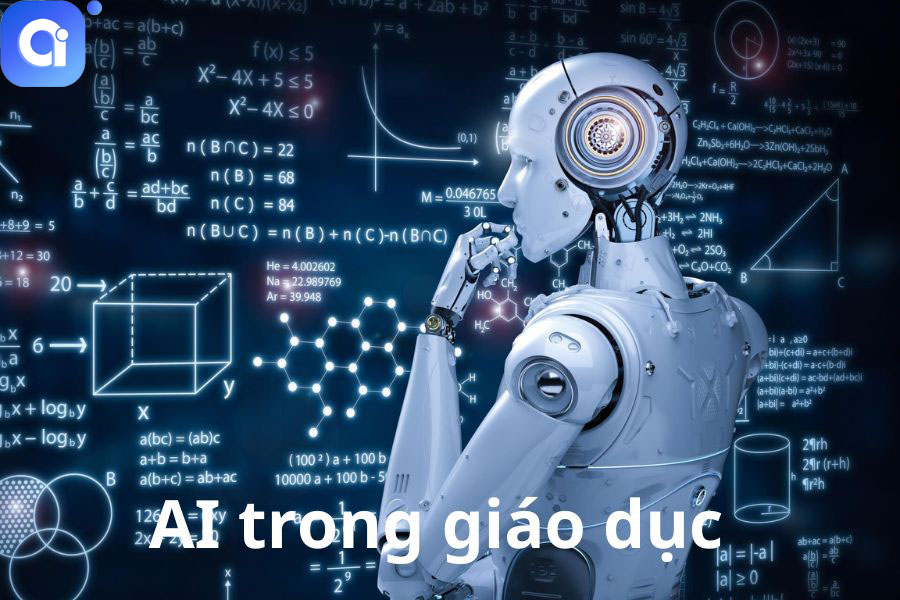
Software development and IT
In the field of software development and information technology (IT), AI is creating new opportunities to optimize development processes and enhance product quality. AI development tools can analyze source code, detect errors, and propose real-time fixes, helping developers save time and reduce costs.
Additionally, the application of AI in software development promotes automation in software testing. AI systems can automate functional and performance testing, which accelerates product release times and improves final product quality.
AI can also assist in software development project management. AI technology can predict potential future issues based on historical data. As a result, project managers can plan better, allocate resources more efficiently, and achieve higher effectiveness in their work.
Conclusion
Artificial Intelligence (AI) is reshaping many key sectors in modern life, from healthcare and business to education and information technology. Although there are still many challenges and concerns related to AI, the vast potential it brings is undeniable. Understanding the different types of AI technology and its applications will allow us to fully capitalize on the opportunities from this technological development while also carefully considering and managing the risks in a smart and effective way.





